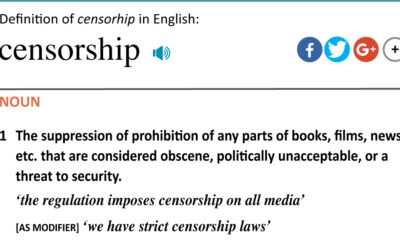Originally published in Masters of Health Magazine
Since the writing of the book, ‘What’s Making our Children Sick’, discussing the effects of industrial food-like products on our children’s health, planetary health has taken many unfortunate turns and looks very different from even just a few years ago since its publication. Despite nearly two years of health-based fear and anxiety emanating from individuals enduring two years of a global pandemic, there have been revelations regarding major gaps in the weave of the fabric of our healthcare system. However, these gaps and shortcomings can be the impetus and creation of a redirection towards a welcomed, positive change in both our healthcare model and practice.
The gold ring at the pinnacle of medical practice is evidence-based medicine, which is the judicious use of modern, best practice in coming to decisions about strategies in helping clients. The goal is the integration of clinical experience in conjunction with patient directives based on excellence in science.
What has become clear is that there are links between evidence-based medicine, the health of individuals, and of our ecosystem. Taken directly from our book, we called for the creation not only of Ecosystem Health,but a new direction in the formation of a broader and integrative practice: Ecomedicine.
Patients are part of a medico-environmental ecosystem, considering food-related causes of ill health and achieving health of the food ecosystem simultaneously with its constituents. What is clear is that healthy soil, plants and people are all part of the same ecosystem.
How we grow our food is how we grow our health.
The running narrative that has predominated during the present global health crisis, supported by governments, pharmaceutical companies, and mainstream media, is focused on a very narrow view of what ultimately defines and supports health. Holistic approaches toward preventive medicine, immune support, and treatments for infections have been actively bullied, targeted, and tossed aside in favor of pharma-based interventions. Additionally, integrative practitioners have been censored and actively removed from journals and social media platforms, creating an enormous schism away from available holistic therapeutic options for patients in favor of pharmaceuticals. One might say that there has been a conspiracy of factors in this situation.
This has led to monopolies on knowledge production which leave holistically-minded practitioners to fend for themselves in trying to find solutions that are not tied to industry.
This is further complicated by the fact that what has occurred in the laboratories of agricultural science seldom makes its way to the clinic, let alone translated into treatment programs for patients. The question of the role of unsafe agrochemical-produced foods that has impacted the present pandemic is simply not part of the clinical practice repertoire.
For example, upon review of the literature to date, there has been very little published in the scientific writings or by public health agencies regarding non-drug based strategies in regard to COVID-19. A guide published by the World Health Organization (WHO) addressing the concept of food as medicine, healthy dietary guidelines from some countries outside the US (India), and one newspaper article featuring a surgeon in Florida promoting nutraceuticals for COVID-19, were some of the few meager offerings by traditional sources.
However, despite a plethora of science and research on the topic, it has been even more unusual to encounter a discussion regarding the links between GM0s/pesticide-laden foods and today’s poor health.


